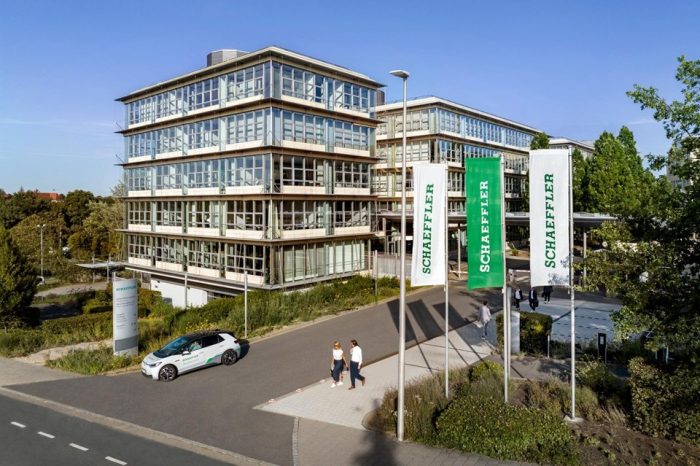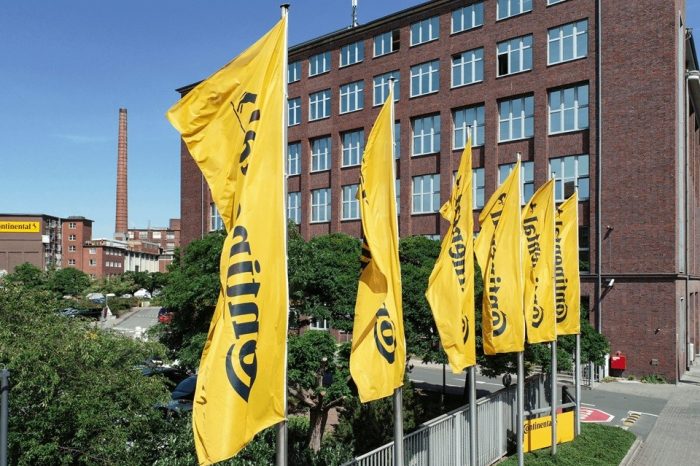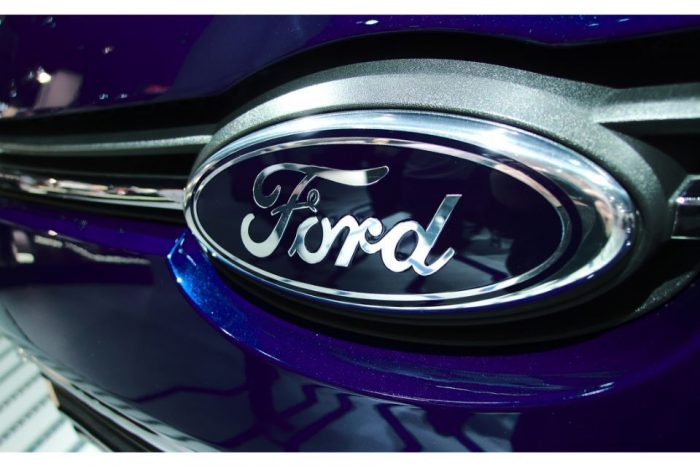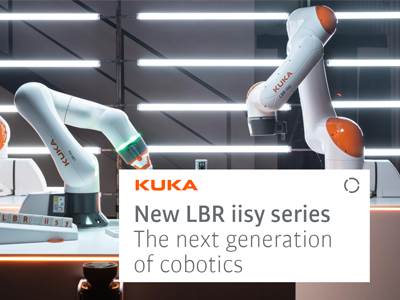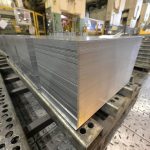Ford aims to secure delivery of low carbon steel to reach carbon neutrality in Europe by 2035
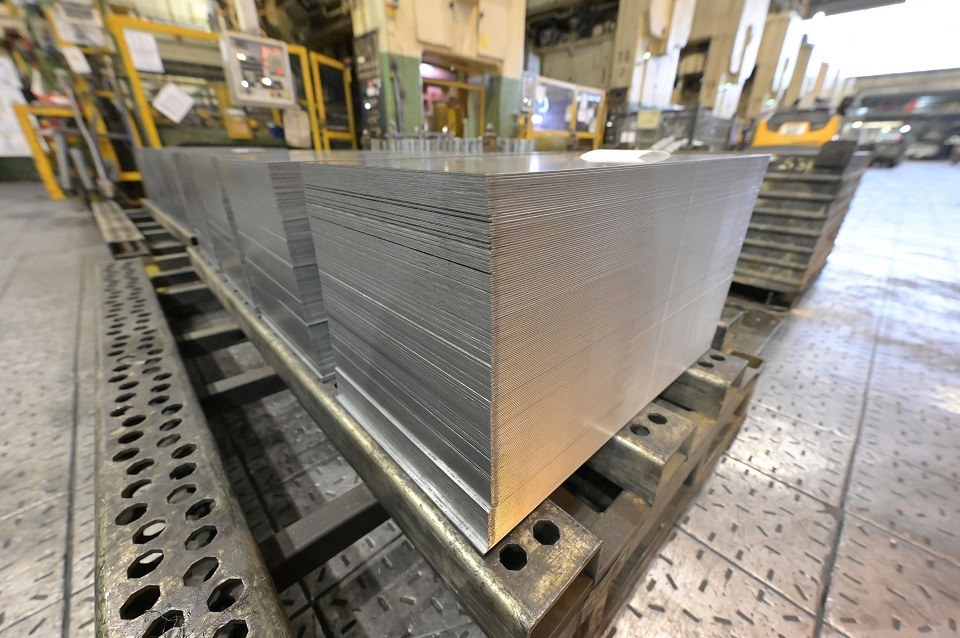
Ford Europe today announced further steps to secure supply of low carbon steel for its future products and help reach its carbon neutrality target by 2035. The company is entering Memorandum of Understandings (MoUs) with Salzgitter Flachstahl GmbH, Tata Steel Nederland B.V. and ThyssenKrupp Steel Europe AG to secure supply of low carbon steel.
The three strategic suppliers to Ford have individual plans to increase the production of low carbon steel in the coming years. Based on the relationships with these partners Ford will significantly improve the CO2 footprint of its supply chain, with steel production being a key component. As a first application Ford plans to use the low-CO2 steel for the production of its all-new, all-electric, medium-sized crossover vehicle, starting in 2023.
The reduction of CO2 emissions in the supply chain is a key element in Ford’s plan to target carbon neutrality across its European footprint of facilities, logistics and suppliers by 2035. To reach this ambitious goal, Ford is analysing the whole value chain to produce highly efficient vehicles. Major updates to the Cologne Electrification Centre production facility, with new energy efficient solutions, will save more than 2,000 tonnes of CO2 and more than 2,600 MWh of electric energy per year.
The initiative will also contribute to the company’s commitment to a 10 per cent use of carbon neutral steel by 2030 from earlier this year, announced when Ford joined the First Movers Coalition, a global initiative by the World Economic Forum to harness purchasing power and supply chains to create early markets for innovative clean energy technologies.
The steel companies will use green hydrogen and renewable energies in new production processes to gradually reduce their CO2 footprint in steel production. In this way, they will contribute to the European Green Deal to achieve zero net emissions in all sectors by 2050.
“Our customers, like us, want to take care of our planet, and we are taking the necessary steps on this journey, providing the vehicles they need to make a positive contribution against climate change, produced in a more sustainable way,” said Sue Slaughter, purchasing director, supply chain sustainability, Ford Motor Company. “Improvements within our supply chain are key, and with the use of carbon neutral steel we will take a major step towards lowering the CO2 footprint of our vehicles.”


